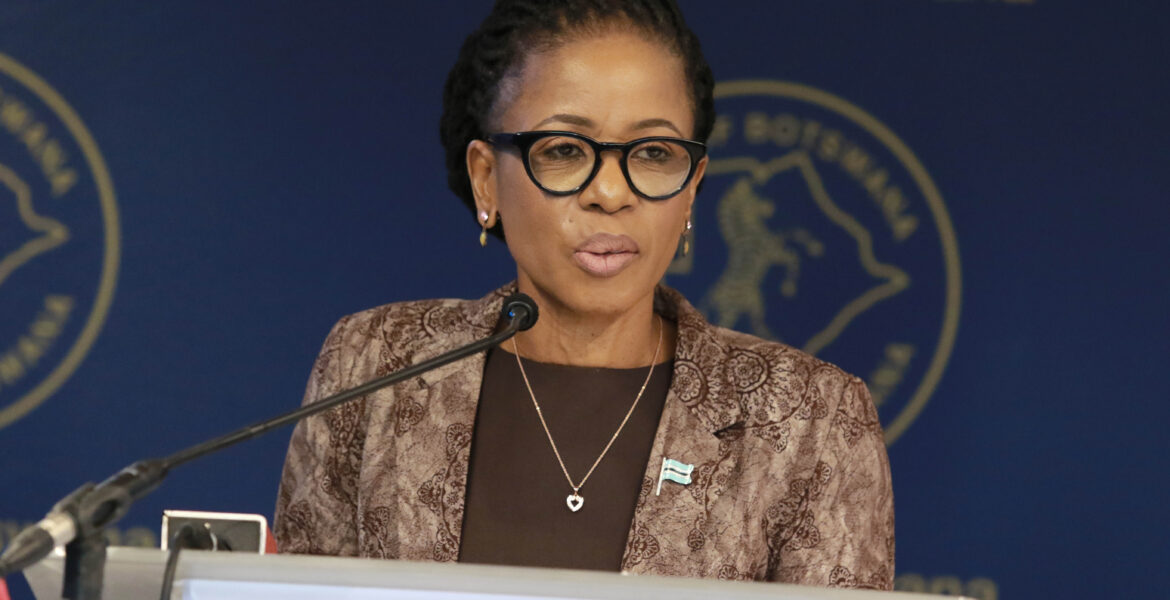- Loan to support reforms to stimulate inclusive, resilient and low-carbon growth post-COVID and global food, energy and climate shocks
GAZETTE REPORTER
The World Bank Board of Directors has approved a $150 million (about P2 billion) Development Policy Loan (DPL) to the Government of Botswana.
According to a newly published statement, World Bank says the loan is aimed at supporting reforms to stimulate inclusive, resilient and low-carbon growth following the combined impacts of the COVID-19 pandemic and the global food, energy and climate shocks.
“The $150 million Economic Resilience and Green Recovery DPL II is the second in a programmatic series of two operations, following the disbursement of $250 million under the first loan approved in June 2021,” says the statement.
Social protection
“This second operation builds on the government’s programme and progress made to strengthen social protection, improve access to finance by small businesses, and prioritise energy access and a move toward a low-carbon recovery.”
Says the Minister of Finance, Peggy Serame, in the statement: “The development policy financing provides important fiscal space and technical support to the Government of Botswana’s policy efforts under the Economic Recovery and Transformation Plan.
“We are glad to work with the World Bank as a trusted partner to create a more resilient and inclusive economy that benefits Batswana.”
Fragilities
The World Bank says over the past 30 years, sound macroeconomic policies and structural reforms on the back of diamond and mineral wealth have contributed to robust economic growth and poverty reduction in Botswana, lifting the country to upper-middle-income economy status since 2004.
“However, the COVID-19 crisis and subsequent global shocks have exposed the fragilities of Botswana’s growth model, including weak economic diversification and job creation, persistent income inequities, and emerging fiscal vulnerabilities,” it notes. “Botswana is also highly vulnerable to climate shocks.”
The World Bank Country Director for Eswatini, Botswana, Lesotho, Namibia and South Africa, Marie Francoise Marie-Nelly, noted: “The effects of the COVID-19 pandemic and other global shocks have made the need to diversify the economy, create more jobs, and rebuild fiscal buffers more urgent.
Low-carbon growth
“We are pleased to support the government’s efforts to put Botswana on a more inclusive, resilient and low-carbon growth path.”
The World Bank says the objectives of this operation are to support the government’s response to multiple shocks, strengthen the development of the private sector and promote a resilient, low-carbon recovery and it is aligned with the last Country Partnership Framework.
“It supports several essential reforms recently adopted by the government under three pillars: Pillar 1 involves additional social protection reforms that will improve the shock responsiveness of social spending, particularly in response to climate change,” it says.
Access to credit
“Under Pillar 2, financial sector regulatory reforms will increase confidence in the credit information ecosystem, help formalise micro, small and medium-sized enterprises, and enable access to credit, supporting private sector development.
“Energy sector reforms under Pillar 3 will support government efforts toward universal access and renewable energy transition.”

